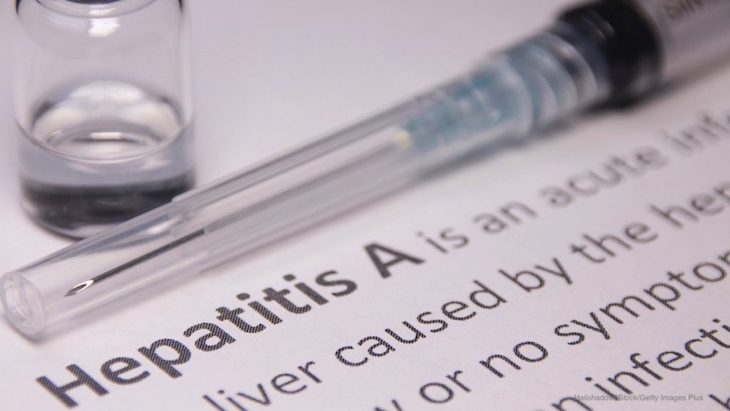A Red Lobster employee in Largo, Florida has tested positive for hepatitis A, according to news reports. There is no information about this issue on the Pinellas County Health Department website. The restaurant is located at 10500 East Ulmerton Road.

That agency, along with the Division of Hotels and Restaurants, conducted an inspection at the facility after receiving confirmation about the diagnosis. The state found almost 40 violations during the inspection. One of the violations was employees not properly washing their hands. Hepatitis A is spread through contaminated feces.
Inspectors saw the staff handled dirty dishes, then serve food to customers without washing their hands. Another inspector saw a cook switch from working with raw food to ready-to-eat food without handwashing. Other violations included food, including meat, held at unsafe temperatures (in the danger zone between 40°F and 140°F), and a build up of debris and dirt on oven mitts. Red Lobster is working with the health department to clean the venue and to reinforce best practices.
The Pinellas County Health Department is offering hepatitis A vaccines to the public at no cost at several centers. They are located at 6350 76th Avenue North in Pinellas Park, 205 Dr. Martin Luther King Jr. Street North in St. Petersburg, at 8751 Ulmerton Road in Largo, at 310 North Myrtle Avenue in Clearwater, and at 301 South Disston Avenue in Tarpon Springs.
Hepatitis A and immune globulin vaccinations are only effective against the illness when given within two weeks of exposure. None of the news reports have mentioned when the hepatitis A positive employee worked there and may have exposed the public to the virus.
The symptoms of hepatitis A include abdominal pain, loss of appetite, fatigue, dark urine, light clay-colored stools, weight loss, fever, joint pain, and jaundice (yellowing of the skin and eyes). These symptoms typically start 15 to 50 days after exposure. Unfortunately, people are infectious two weeks before they even start showing symptoms and know they are sick.
The best way to prevent transmission of this virus is to get vaccinated. People should also always wash their hands thoroughly with soap and water after using the bathroom and before preparing food. In addition, stay home from school and work if you are sick, particularly with a diarrheal illness.




